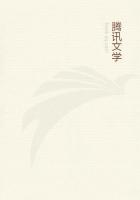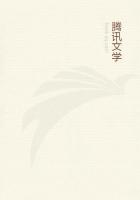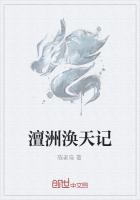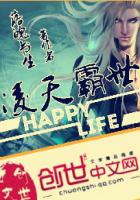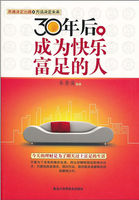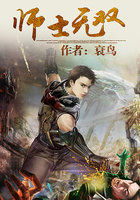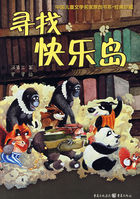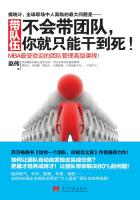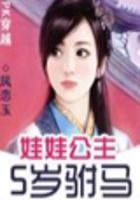Peter was a man of an entirely different type, and played in the calm, dignified, orthodox, ceremonious world of Moscow the part of the bull in the china shop, outraging ruthlessly and wantonly all the time-honored traditional conceptions of propriety and etiquette. Utterly regardless of public opinion and popular prejudices, he swept away the old formalities, avoided ceremonies of all kinds, scoffed at ancient usage, preferred foreign secular books to edifying conversations, chose profane heretics as his boon companions, travelled in foreign countries, dressed in heretical costume, defaced the image of God and put his soul in jeopardy by shaving off his beard, compelled his nobles to dress and shave like himself, rushed about the Empire as if goaded on by the demon of unrest, employed his sacred hands in carpentering and other menial occupations, took part openly in the uproarious orgies of his foreign soldiery, and, in short, did everything that "the Lord's anointed" might reasonably be expected not to do. No wonder the Muscovites were scandalised by his conduct, and that some of them suspected he was not the Tsar at all, but Antichrist in disguise.
And no wonder he felt the atmosphere of Moscow oppressive, and preferred living in the new capital which he had himself created.
His avowed object in building St. Petersburg was to have "a window by which the Russians might look into civilised Europe"; and well has the city fulfilled its purpose. From its foundation may be dated the European period of Russian history. Before Peter's time Russia belonged to Asia rather than to Europe, and was doubtless regarded by Englishmen and Frenchmen pretty much as we nowadays regard Bokhara or Kashgar; since that time she has formed an integral part of the European political system, and her intellectual history has been but a reflection of the intellectual history of Western Europe, modified and coloured by national character and by peculiar local conditions.
When we speak of the intellectual history of a nation we generally mean in reality the intellectual history of the upper classes.
With regard to Russia, more perhaps than with regard to any other country, this distinction must always carefully be borne in mind.
Peter succeeded in forcing European civilisation on the nobles, but the people remained unaffected. The nation was, as it were, cleft in two, and with each succeeding generation the cleft has widened.
Whilst the masses clung obstinately to their time-honoured customs and beliefs, the nobles came to look on the objects of popular veneration as the relics of a barbarous past, of which a civilised nation ought to be ashamed.
The intellectual movement inaugurated by Peter had a purely practical character. He was himself a thorough utilitarian, and perceived clearly that what his people needed was not theological or philosophical enlightment, but plain, practical knowledge suitable for the requirements of everyday life. He wanted neither theologians nor philosophers, but military and naval officers, administrators, artisans, miners, manufacturers, and merchants, and for this purpose he introduced secular technical education. For the young generation primary schools were founded, and for more advanced pupils the best foreign works on fortification, architecture, navigation, metallurgy, engineering and cognate subjects were translated into the native tongue. Scientific men and cunning artificers were brought into the country, and young Russians were sent abroad to learn foreign languages and the useful arts. In a word, everything was done that seemed likely to raise the Russians to the level of material well-being already attained by the more advanced nations.
We have here an important peculiarity in the intellectual development of Russia. In Western Europe the modern scientific spirit, being the natural offspring of numerous concomitant historical causes, was born in the natural way, and Society had, consequently, before giving birth to it, to endure the pains of pregnancy and the throes of prolonged labour. In Russia, on the contrary, this spirit appeared suddenly as an adult foreigner, adopted by a despotic paterfamilias. Thus Russia made the transition from mediaeval to modern times without any violent struggle between the old and the new conceptions such as had taken place in the West. The Church, effectually restrained from all active opposition by the Imperial power, preserved unmodified her ancient beliefs; whilst the nobles, casting their traditional conceptions and beliefs to the winds, marched forward unfettered on that path which their fathers and grandfathers had regarded as the direct road to perdition.
During the first part of Peter's reign Russia was not subjected to the exclusive influence of any one particular country. Thoroughly cosmopolitan in his sympathies, the great reformer, like the Japanese of the present day, was ready to borrow from any foreign nation--German, Dutch, Danish, or French--whatever seemed to him to suit his purpose. But soon the geographical proximity to Germany, the annexation of the Baltic Provinces in which the civilisation was German, and intermarriages between the Imperial family and various German dynasties, gave to German influence a decided preponderance. When the Empress Anne, Peter's niece, who had been Duchess of Courland, entrusted the whole administration of the country to her favourite Biron, the German influence became almost exclusive, and the Court, the official world, and the schools were Germanised.


